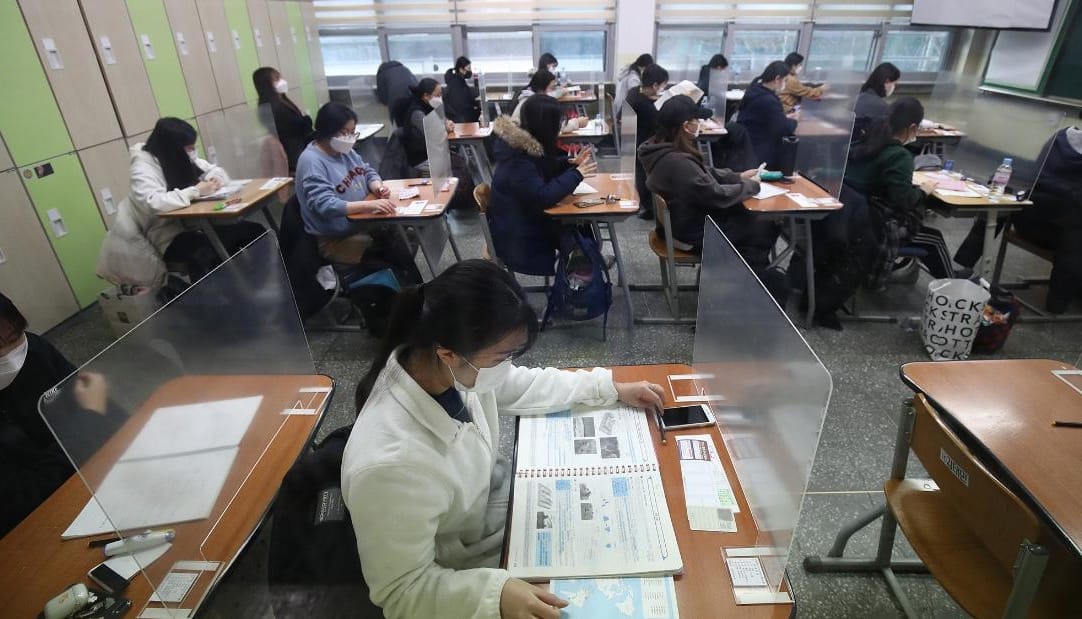South Korea's Education: CSAT Reforms, Student Intelligence Screening, and a City in Mourning
Major Changes Proposed for South Korea's College Scholastic Ability Test, South Korea's Bold Plan to Support Students with Borderline Intelligence, Seoul Grapples with Loss and Road Safety Concerns

Major Changes Proposed for South Korea's College Scholastic Ability Test
South Korea's education system is on the brink of a significant transformation as proposals to overhaul the College Scholastic Ability Test (CSAT) gain traction. The CSAT, a high-stakes exam that has been a cornerstone of the Korean education system since 1993, has long been criticized for its rigid multiple-choice format and its tendency to favor rote memorization over critical thinking. These shortcomings have led to a system that not only places immense pressure on students but also skews the educational landscape in favor of certain academic tracks. The proposed changes aim to address these issues and bring the CSAT more in line with global educational trends that emphasize creativity, critical thinking, and a more holistic approach to learning.
One of the most significant proposed changes is the elimination of elective subjects by 2028. Currently, students can choose between different elective subjects in areas such as Korean language and mathematics, a system that has been found to disproportionately benefit science track students. The June 2024 mock exam results starkly illustrated this disparity, with a 6-point gap in the highest standard scores for math electives between science and humanities students. This advantage for science students extends beyond just mathematics, with 98.6% of the top 1% in math, 71.4% in Korean language, and 72.2% in English being science track students. The proposal to introduce common subjects for all test-takers aims to level this playing field and provide a more equitable assessment system.